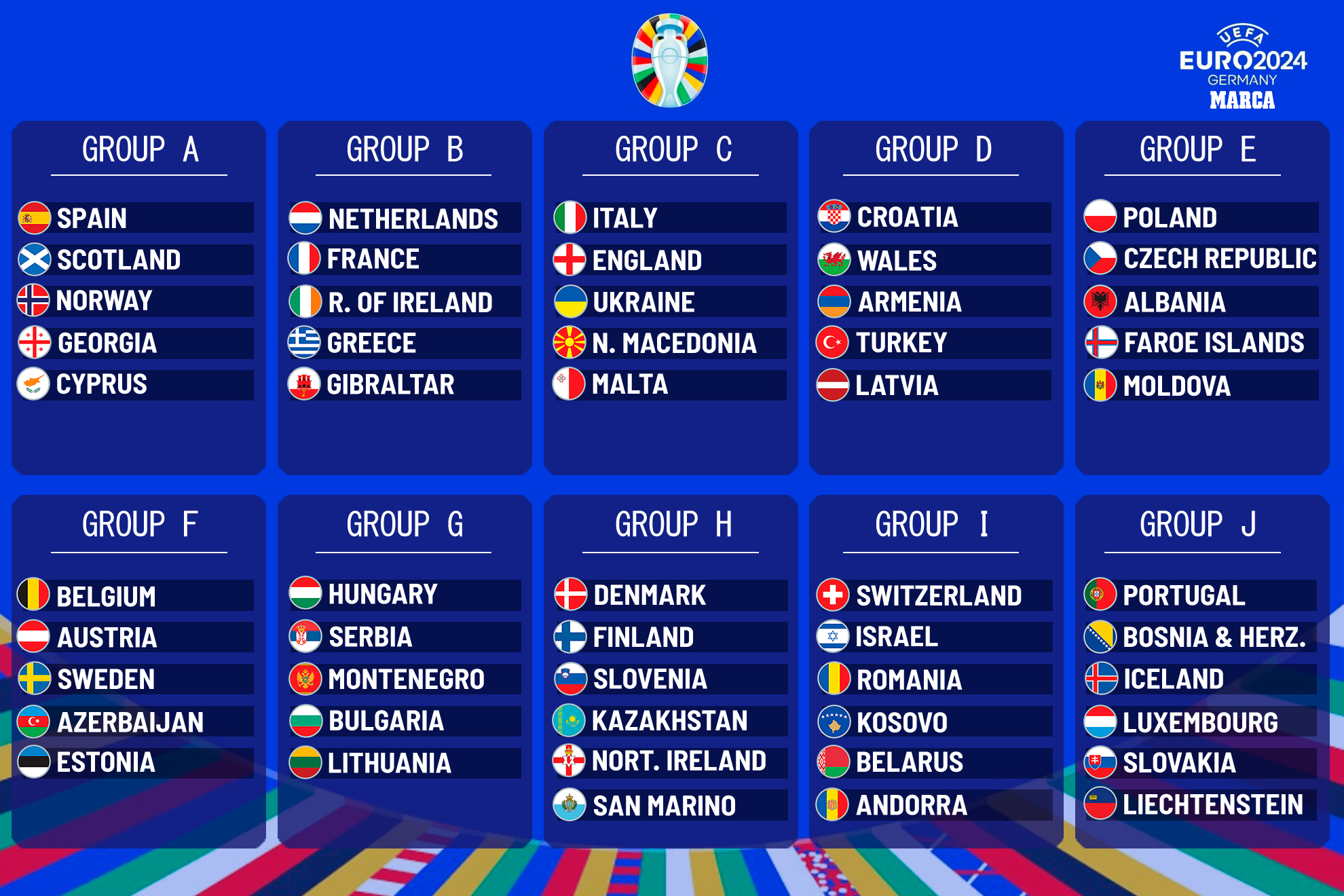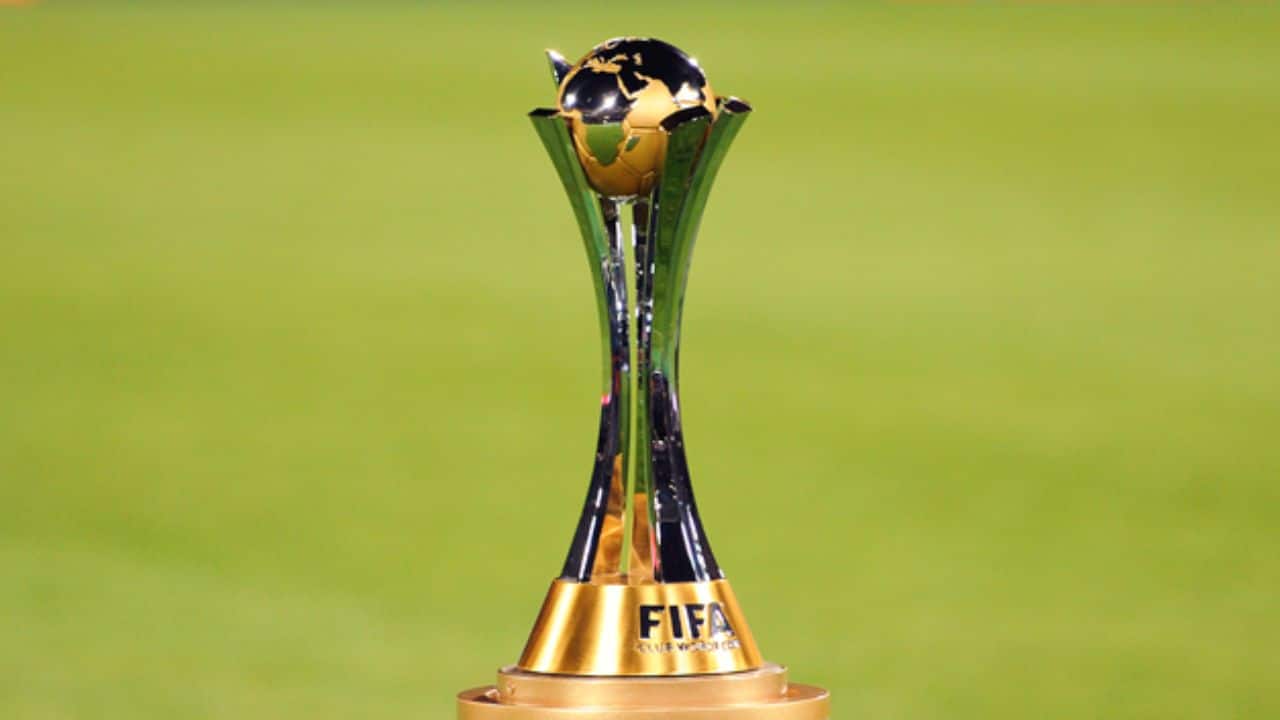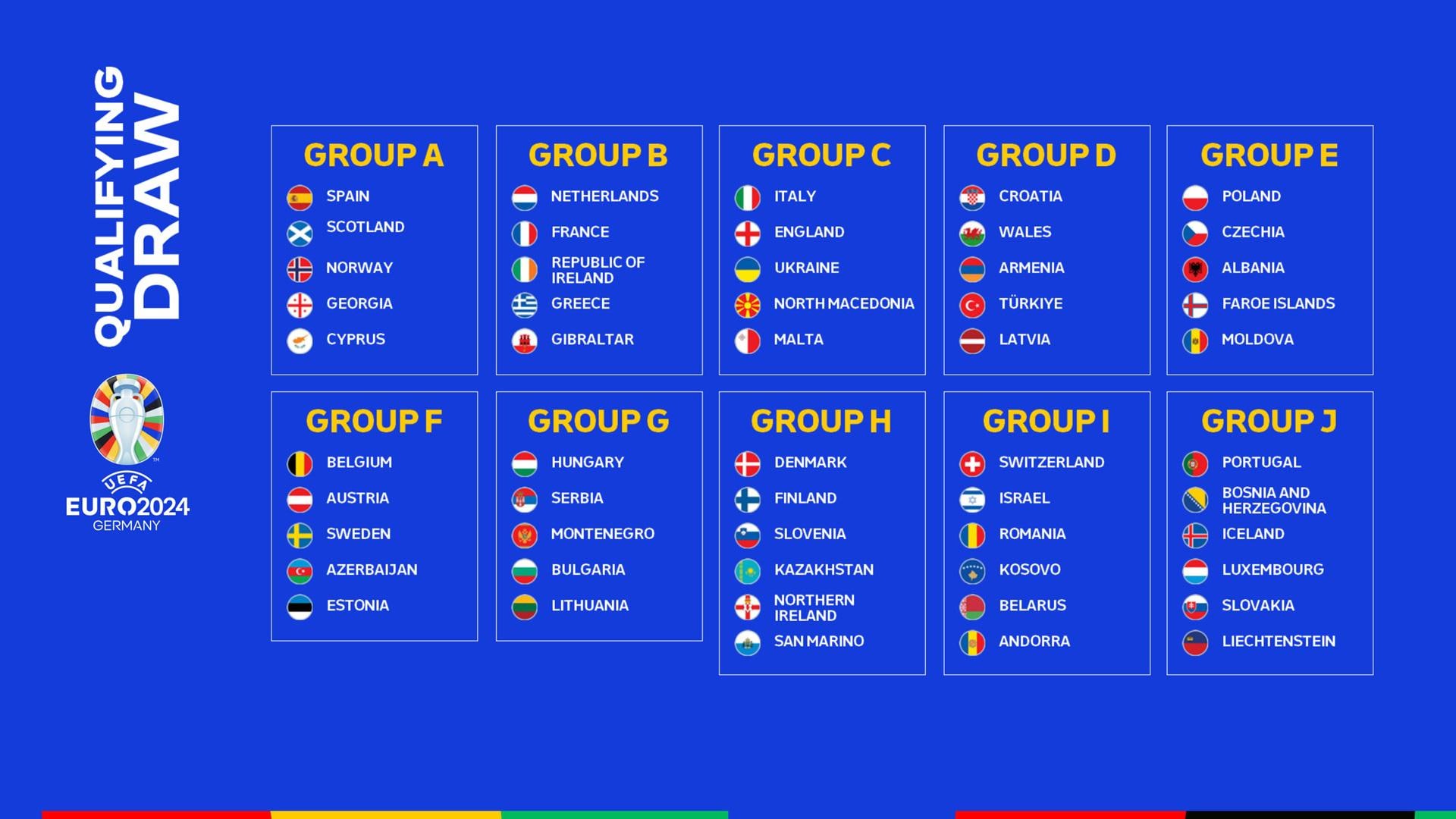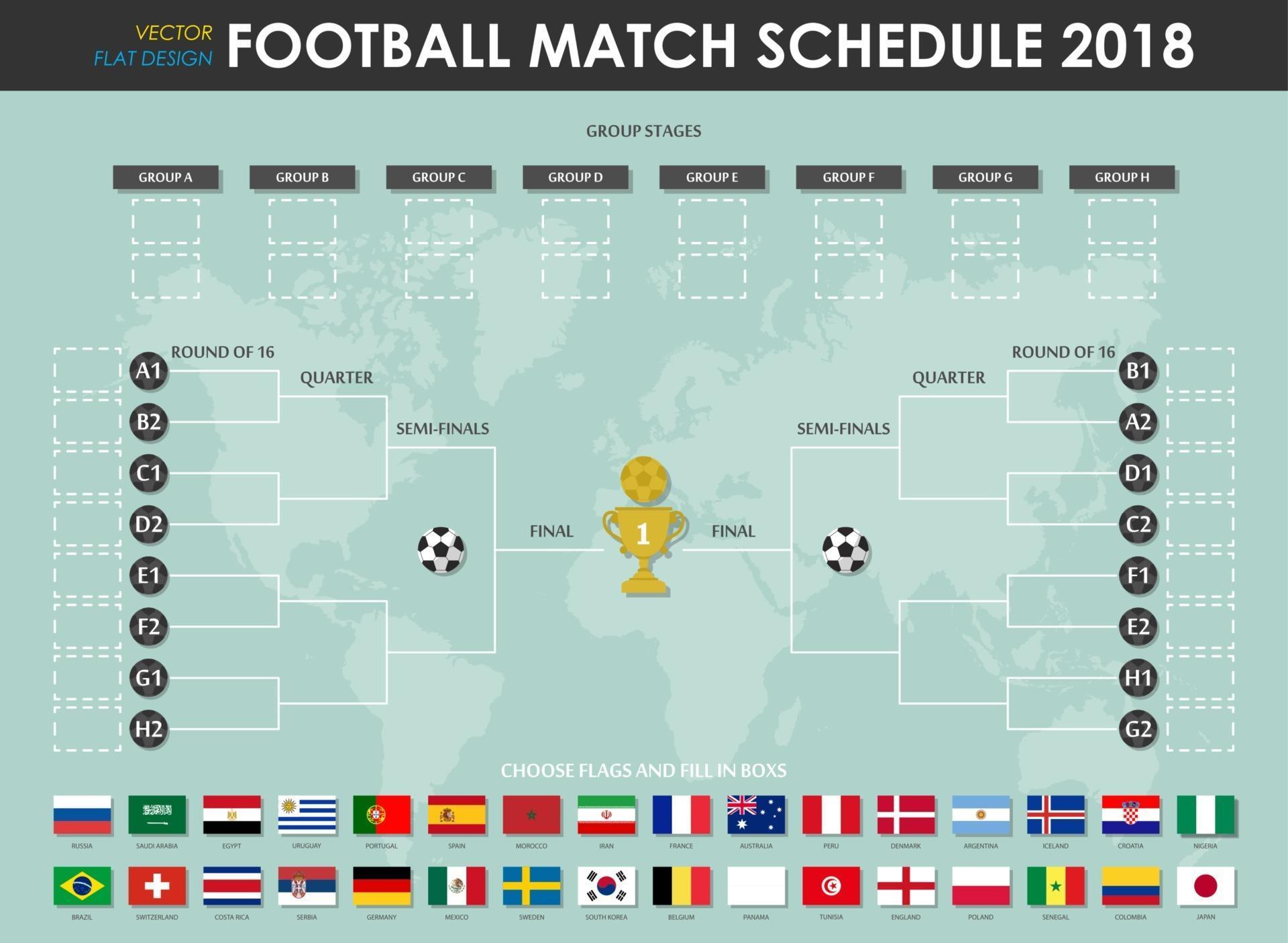FIFA International Football Calendar 2025: A Comprehensive Overview
Related Articles: FIFA International Football Calendar 2025: A Comprehensive Overview
- The Wall Calendar 2025: A Comprehensive Guide To Planning And Organization
- CME Group Holiday Calendar 2025
- December 2025 Calendar Kannada
- IPSD 204, 205, And 206: Calendar For 2025 And 2026
- 2025 School Year Calendar For British Columbia: A Comprehensive Guide
Introduction
With enthusiasm, let’s navigate through the intriguing topic related to FIFA International Football Calendar 2025: A Comprehensive Overview. Let’s weave interesting information and offer fresh perspectives to the readers.
Table of Content
Video about FIFA International Football Calendar 2025: A Comprehensive Overview
FIFA International Football Calendar 2025: A Comprehensive Overview

The FIFA International Football Calendar (IFC) is a structured schedule that outlines the dates and venues for all international football matches played by FIFA member associations. It serves as a framework for planning and organizing international fixtures, ensuring a fair and equitable distribution of matches throughout the year.
The IFC is revised and updated every four years, coinciding with the FIFA World Cup cycle. The 2025 IFC will cover the period from January 1, 2025, to December 31, 2028, and will encompass a wide range of international competitions and tournaments.
Key Features of the FIFA International Football Calendar 2025
-
Designated International Match Windows: The IFC allocates specific time slots during the year for international matches, known as international match windows. These windows are typically scheduled during FIFA-approved dates and provide a consistent framework for national teams to prepare and compete.
-
Regional and Continental Competitions: The IFC incorporates regional and continental tournaments organized by FIFA’s confederations. These competitions include the UEFA European Championship, the Copa América, the Africa Cup of Nations, and the AFC Asian Cup, among others.
-
FIFA World Cup Qualifiers: The IFC includes the qualification process for the FIFA World Cup, which typically begins two to three years before the tournament. The qualifiers are organized by confederations and determine which teams will advance to the World Cup finals.
-
International Friendlies: The IFC also accommodates international friendly matches, which are played between national teams outside of official competitions. These matches provide opportunities for teams to experiment with tactics, test new players, and build international relationships.
-
Women’s Football: The FIFA International Football Calendar includes dedicated windows for women’s international matches, recognizing the growing popularity and importance of women’s football worldwide.
Key Dates and Events in the FIFA International Football Calendar 2025
- January 2025: Start of the 2025 FIFA Women’s World Cup qualification process
- June-July 2025: 2025 FIFA Women’s World Cup in Australia and New Zealand
- August-September 2025: UEFA European Championship qualification playoffs
- November-December 2025: Start of the 2026 FIFA World Cup qualification process
- January 2026: Start of the 2026 FIFA Women’s Club World Cup
- June-July 2026: 2026 FIFA World Cup in the United States, Canada, and Mexico
- August-September 2026: Copa América and Africa Cup of Nations
- October-November 2026: UEFA European Championship qualification group stage
- January 2027: Start of the 2027 FIFA Club World Cup
- June-July 2027: 2027 FIFA Confederations Cup
- August-September 2027: AFC Asian Cup and CONCACAF Gold Cup
- October-November 2027: UEFA European Championship qualification playoffs
- January 2028: Start of the 2028 FIFA Women’s World Cup qualification process
- June-July 2028: 2028 FIFA Women’s World Cup in a yet-to-be-determined host country
- August-September 2028: Copa América and Africa Cup of Nations
Implications of the FIFA International Football Calendar 2025
The FIFA International Football Calendar 2025 has significant implications for the global football landscape:
-
Player Welfare: The IFC aims to balance the demands of international football with the well-being of players. The designated match windows and rest periods are designed to minimize player fatigue and injury risk.
-
Club-Country Balance: The IFC strives to strike a balance between the interests of clubs and national teams. The match windows are scheduled to minimize disruption to club schedules while allowing national teams to prepare and compete adequately.
-
Global Development: The IFC supports the growth and development of football worldwide. It provides opportunities for smaller nations to compete against top-ranked teams and promotes the exchange of football knowledge and expertise.
-
Commercial Impact: The IFC has a significant commercial impact, as international matches generate revenue through ticket sales, broadcasting rights, and sponsorship deals. It contributes to the overall financial health of the football industry.
Conclusion
The FIFA International Football Calendar 2025 is a comprehensive and well-structured framework that governs the global football calendar. It provides a predictable and equitable schedule for international matches, balancing the interests of players, clubs, and national teams. The IFC plays a crucial role in the development and promotion of football worldwide, ensuring the continued growth and success of the sport.




:no_upscale()/cdn.vox-cdn.com/uploads/chorus_asset/file/10185035/wwc_2019_calendar.jpg)


Closure
Thus, we hope this article has provided valuable insights into FIFA International Football Calendar 2025: A Comprehensive Overview. We appreciate your attention to our article. See you in our next article!
